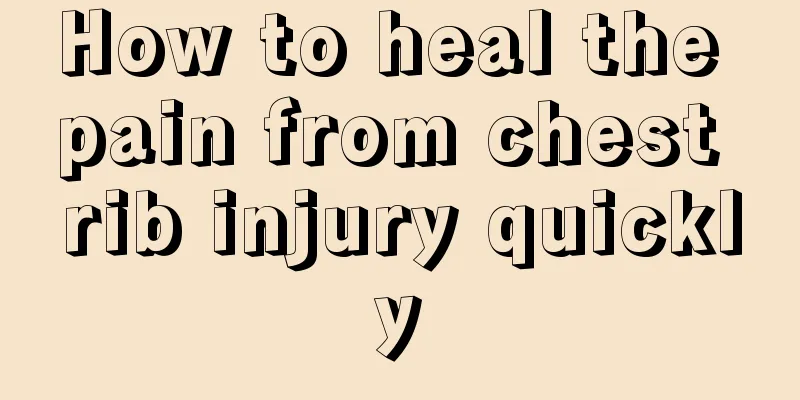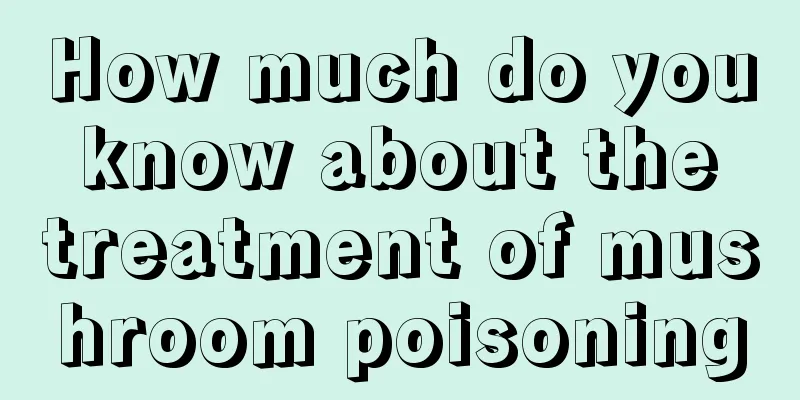What are the sequelae after wisdom tooth extraction

|
Wisdom teeth refer to the teeth that grow after people reach adulthood. They are usually very painful when they grow. Wisdom teeth usually grow not very neatly and can easily cause many oral diseases. Therefore, most wisdom teeth need to be extracted sooner or later. Usually the sooner the better, and a lot of harm can be reduced. It is recommended to go to a regular hospital for wisdom tooth extraction to avoid complications caused by poor disinfection measures in small clinics. Teeth that have difficulty erupting are called "impacted teeth" or "impacted teeth". Impacted teeth are most commonly found in the mandibular third molars, commonly known as wisdom teeth. These teeth erupt around the age of 18. Because other teeth have already lined up before eruption, when the wisdom teeth grow out, they will be squeezed out by other teeth, making it difficult to erupt, forming impacted teeth or impacted teeth, which we call "impacted wisdom teeth." Most wisdom teeth should be removed. It is best to remove the tooth as early as possible, as removing it too late will cause the above-mentioned hazards. If the disease occurs during pregnancy, it will seriously affect the health of mother and child. Young people around 20 years old are studying in other places or foreign countries. If acute inflammation occurs, their parents will often be anxious. Therefore, it is recommended to remove impacted wisdom teeth as soon as possible to eliminate the harm of wisdom teeth. What are the sequelae after wisdom tooth extraction? Wisdom teeth are difficult to remove during oral treatment, and improper operation during treatment can cause a variety of complications: 1. It is recommended to use minimally invasive treatment methods to remove wisdom teeth. Since wisdom teeth grow in the jawbone, if too much force is used during the extraction process, it is easy to cause jaw fracture; 2. If the wisdom tooth is located deep, the root of the wisdom tooth is close to the alveolar nerve. If too much force is used during extraction or the instrument is improperly operated, the root may squeeze the surrounding nerves, causing irreversible trauma to the inferior alveolar nerve, resulting in numbness of half of the patient's lips and mandibular teeth. 3. If the maxillary wisdom teeth are buried deep, since they are close to the maxillary sinus, improper operation may cause the wisdom teeth to enter the maxillary sinus; 4. If the mandibular wisdom teeth are removed and the mandibular alveolar blood vessels are damaged, it may cause surgical bleeding, but this is rare and can usually be avoided in a regular hospital with guaranteed technology. |
<<: Sequelae of intracranial hemorrhage in car accidents
>>: What are the differences between agarwood and agarwood?
Recommend
What kind of underwear is best for men?
Generally speaking, men's selection criteria ...
Do I need to use both powder and liquid foundation?
Pressed cake and liquid foundation are both cosme...
Heart valve structure
The heart is the most important part of the human...
What are the daily care methods for lung cancer patients? There are 4 points for daily care methods for lung cancer patients
When a lung cancer patient is diagnosed, it is a ...
Can surgery be performed on early stage nasopharyngeal carcinoma?
Can surgery be performed on early-stage nasophary...
Four types of food that can nourish the liver
The role played by the liver in our body is very ...
What is the disease of vomiting blood and having blood in stool
In film and television performances, vomiting blo...
Is frequent farting a symptom of advanced colon cancer?
Is frequent farting a symptom of advanced colon c...
The temple suddenly sunken
In fact, the shape of each person's temple is...
How to use aloe vera gel
Aloe vera gel has a wide range of uses. Nowadays,...
How long does it take to use up the liquid foundation after opening
For girls who love makeup, liquid foundation is a...
How to deal with teratoma recurrence
The female body has to go through normal physiolo...
How many days can the enema be used continuously
You should also understand some precautions when ...
How to descale a faucet
Scale can be hidden in many places, such as insid...
What should I do if my tongue coating is black?
The tongue coating is the white, fetal-like subst...









